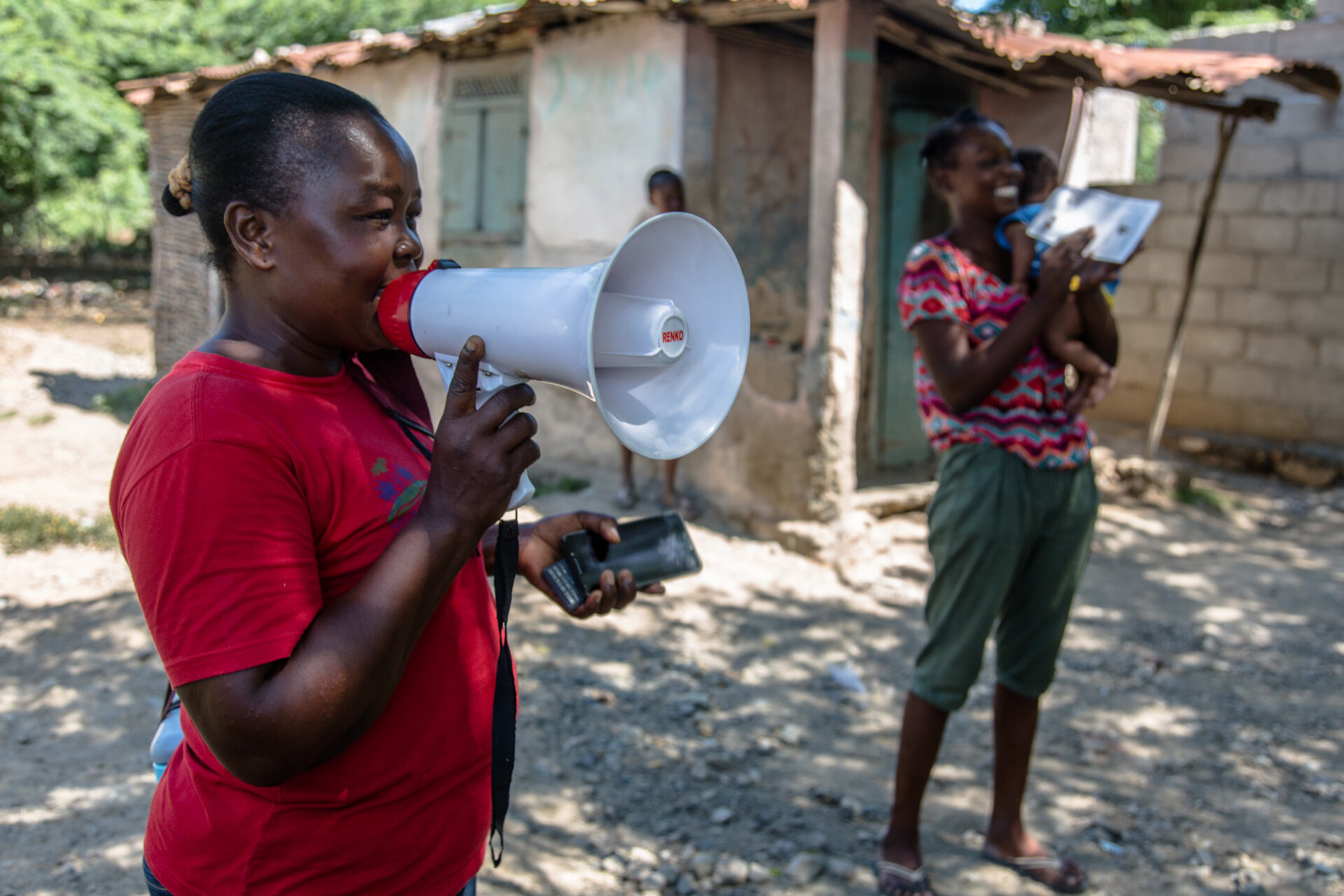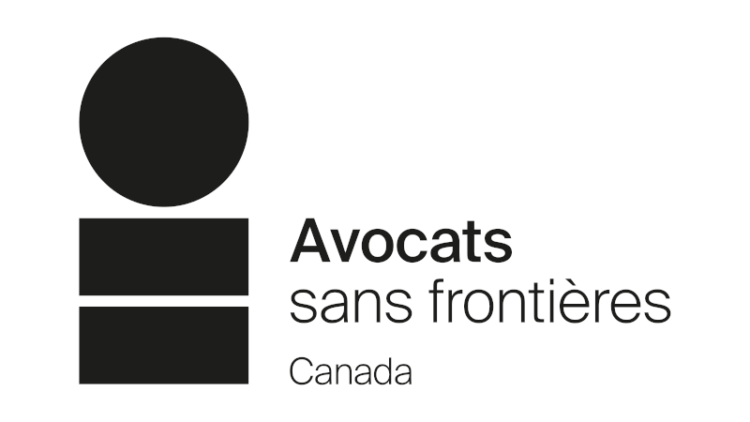
Ongoing project
My health, my rights / Ma santé, mes droits / Sante mwen, dwa mwen / Mis salud, mis derechos
March 2025 – March 2032
CAD 30,000,000
Global Affairs Canada
757,500 direct participants
and 5 million women, adolescent girls and girls indirectly reached, including 40% from Afro-descendant or Indigenous communities
The project “My Health, My Rights / Sante mwen, dwa mwen / Mi Salud, Mis Derechos” aims to improve access to sexual and reproductive health services for women, adolescent girls, girls and people in situations of vulnerability, by strengthening equity, inclusion, cultural relevance and quality of care within the health systems of Colombia, Guatemala and Haiti.
Through inclusive, intersectoral, participatory and evidence-informed approaches, the project will support local leaders and organizations, value community knowledge and advance the rights and autonomy of women and girls.
Regional perspectives on health equity
Sexual and reproductive rights still limited by structural inequalities
In Haiti, Colombia and Guatemala, women and girls continue to face numerous obstacles to the full exercise of their sexual and reproductive health and rights. These barriers are multiple, interconnected and reinforced by structural factors such as poverty, discriminatory social norms, gender-based violence and the persistent weakness of public health systems.
Despite existing legal and policy frameworks in favour of equality, such as the Convention on the Elimination of All Forms of Discrimination against Women (CEDAW) — ratified by all three countries — and national policies promoting women’s rights, gender inequality remains deeply entrenched. This is reflected in the countries’ high rankings on the Gender Inequality Index (2021): 163rd for Haiti, 121st for Guatemala and 102nd for Colombia.
Results that matter
757,500
direct participants
5,000,000
women and girls indirectly impacted
40 %
of the people supported will come from Afro-descendant or Indigenous communities
Our partners
Thank you to our consortium partners, financial partners and implementing partners — whose collaboration makes this project possible.


